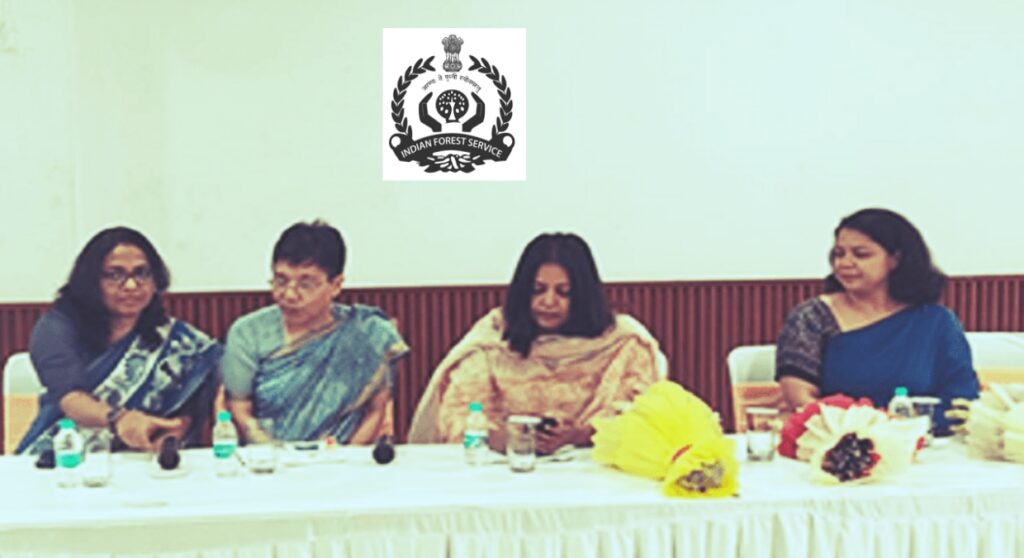In a historic shift for India’s civil services, the Indian Forest Service Association (IFSA) has, for the first time since its inception, elected an all-women national executive committee—a moment hailed as both symbolic and transformative in the country’s administrative landscape.
Announced during the Association’s general body meeting on Sunday, the election marks the first time any civil service body in India has installed a leadership team comprised entirely of women, a move that reflects broader momentum for gender parity in public service leadership.
Leadership Reimagined
The newly elected executive team brings together seasoned officers known for their work in ecological governance, forest management, and environmental policy. The team includes:
- Jyotsna Sitling, Patron
- Anita Karn, President
- Monalisa Dash, Secretary General
- Dr. Surbhi Rai, Joint Secretary
- Suvvena Thakur, Treasurer
- Chestha Singh, Literary Secretary
Each of these officers brings decades of on-ground experience and administrative acumen, having served in critical ecological zones across the country—from Himalayan reserves to tribal forest belts in central India.
“This is not just a moment of pride,” said one officer who attended the meeting, “but a statement that leadership in conservation is no longer confined by gender.”
Breaking a Long-Standing Mold
Traditionally, the upper ranks of India’s civil services have been male-dominated, particularly in roles tied to field operations such as forest and police services. Despite a steady rise in the number of women entering the civil services, representation in top executive positions has remained limited.
The IFSA’s all-women committee challenges that legacy. By assuming leadership of one of the country’s oldest and most ecologically significant service associations, these officers are charting a new course for inclusive governance.
More Than Representation
The significance of this leadership goes beyond optics. Forest officers play a pivotal role in shaping India’s environmental policies, managing protected areas, regulating deforestation, and addressing climate resilience. With pressing issues like biodiversity loss and habitat degradation, the Association’s leadership transition comes at a critical time.
“Women have always been integral to conservation — as community leaders, as scientists, as policy advocates,” said one senior officer. “Now, they are at the helm of one of the most influential environmental institutions in India.”
A Model for Civil Service Reform
This milestone is expected to influence other services such as the IAS, IPS, and IRS, where gender imbalance at senior levels persists despite constitutional equality. The hope is that this breakthrough in the Forest Service could act as a catalyst for similar shifts in leadership across government institutions.
In a country where forests cover over 21% of the land and environmental stewardship is increasingly tied to national security and public health, the symbolism of this all-women team is matched by the urgency of their task.


